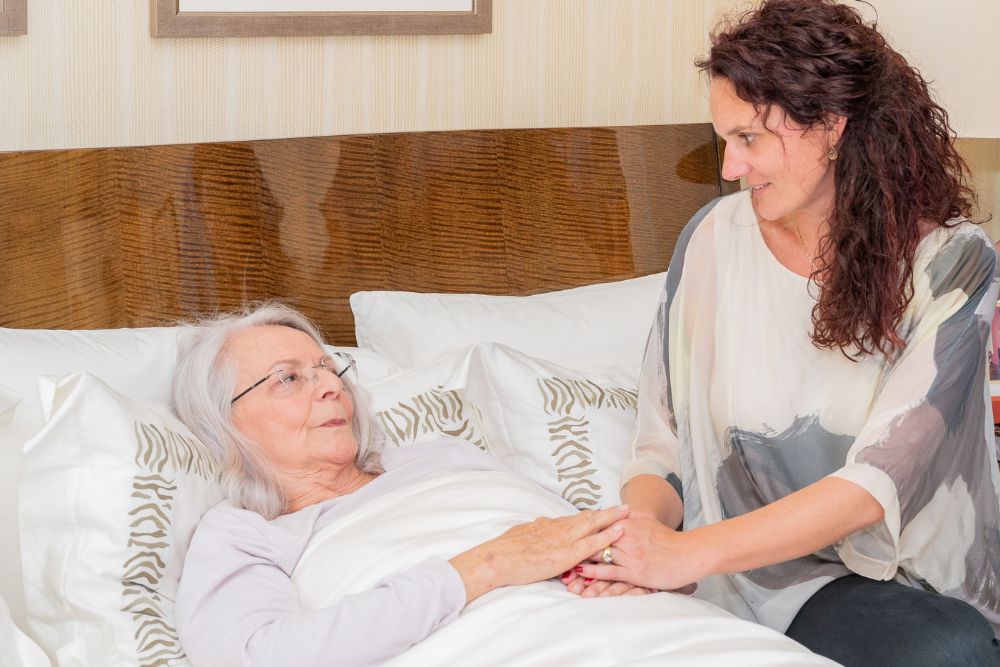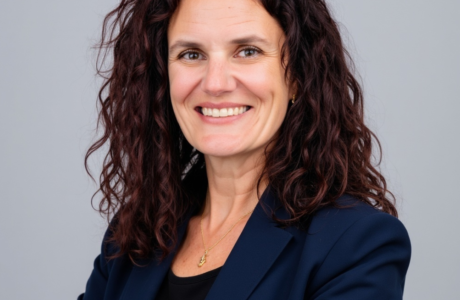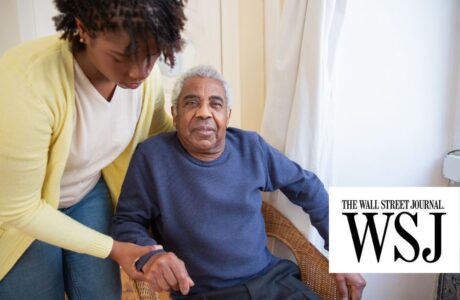
The Importance of Palliative Care
By Elizabeth Uslander, MSW, MTS
As the Co-Founder and CEO of Empowered Endings, Elizabeth Uslander brings a wealth of experience in spiritual transformation, end-of-life and grief care, healing family trauma, and human rights advocacy to the table. Her experiences, both professionally and personally, have propelled her on a mission to change how people deal with the end of life.
In this post, she shares a personal story demonstrating one of the common challenges patients, families, and caregivers experience when dealing with the traditional healthcare system and a simple solution that can bring peace and ease to all.
My Uncle suffered years of complex illnesses that had gradually robbed him of his independence and, ultimately, of his quality-of-life. Over the course of those years, which included countless doctor appointments, tests, hospitalizations, falls, and further impact of his illnesses, he and my Aunt discussed and carefully documented his goals of care and wishes regarding treatment options.
My Aunt was his designated Power of Attorney (POA), meaning she was legally empowered to make decisions on his behalf if he were not able to speak for himself. And she always carried his Advance Health Care Directive (AHCD), which is the legal document outlining his wishes, when they went to the hospital.
According to the National Institute on Aging, “Advance directives are legal documents that provide instructions for medical care and only go into effect if you cannot communicate your own wishes. The two most common advance directives for health care are the living will and the durable power of attorney for health care.”
These two documents are an instrumental part of End of Life Planning, as they are designed to ensure that a patient’s goals, wishes, and values are honored by their medical providers in the event that they can’t make their own decisions due to illness.
The Challenge
When my Uncle fell ill and was taken to the hospital years into his complex healthcare journey, my Aunt accompanied him, as usual, with his documented wishes in hand. They had prepared, emotionally and practically, for the time when it was clear he was ready to stop aggressive treatment and refuse curative care in favor of comfort care. It was clear to my Aunt and the family that this time had come.
When they arrived at the hospital, she made his wishes clear and provided the documentation to prove them. It was a surprise to her when the nurse informed her that, despite this clarity, and without having seen or spoken to my Aunt and Uncle, the doctor gave orders for curative care. The nurse apologetically informed my Aunt that the doctor ordered treatment that was meant to extend his life rather than allow it to naturally end, as he clearly wished.

My Aunt called me in a panic, wondering what to do—the doctor is keeping him alive, attached to machines, dependent on medication, and won’t speak to the patient or spouse, who has the patient’s documented wishes in hand.
As someone who lives with complex health conditions and works in Palliative and End of Life Care, I know this gap all too well.
The traditional medical system is not designed to support the unique needs of each patient and their loved ones. Standard care has a one-size-fits-all approach to urgent decisions, regardless of the patient’s wishes and known impact. When people end up in the hospital after an accident or emergency, the default focus is on life-saving measures.
All too often, this leaves little room for what the patient planned for and desires.
My recommendation to my Aunt and anyone else in a similar situation was to request a Palliative Care consultation.
Why? Because Palliative Care is a newer field of medicine that centers on the patient’s goals, values, and wishes in making treatment choices. Its focus is to relieve distressing symptoms, prevent side effects, and improve quality-of-life for patients and families. It may include curative interventions, comfort care, or a combination of treatment options.
Importantly, Palliative Care involves an interdisciplinary team, including doctors, nurses, social workers, spiritual counselors, and other providers, all working together to ensure the patient and family are supported on all levels–on all levels–mental, emotional, social, spiritual, and physical.
Fortunately, in this situation, the Palliative Care Nurse Practitioner on duty understood exactly what was happening. After years of suffering illnesses, falls, and hospitalizations, my Uncle’s body was letting go, and his will to live had faded. Our family, though deeply saddened by the loss, was ready to honor his wish and let him rest in peace.
The Palliative Care team stepped in as advocates within the hospital system, ensuring my Uncle’s last moments were aligned with his wishes and our family was well-supported. They communicated with our family and supported them in honoring his clearly articulated choices by stopping the treatment that had been declined and guiding the peaceful transition that my Uncle and our family deserved. Without the Palliative Care team in the ER and ICU, it could have gone much worse.
A Need for Change
This experience is just one example of a significant gap in the healthcare system that creates overwhelming and unnecessary challenges for patients and their loved ones. It underscores the urgency of a cultural shift in healthcare and the importance of integrating Palliative Care and End of Life Planning into standards of care. Palliative Care doesn’t mean giving up; it means getting the care, support, and advocacy many patients and families need in complex healthcare journeys.

Palliative Care is for anyone facing a serious illness, regardless of age or condition, whether they continue to receive curative care for their medical conditions or not. As this story highlights, even individuals with well-documented wishes can find themselves in situations where their preferences are overlooked. It’s crucial for patients, families, and healthcare providers to recognize that Palliative Care is a valuable resource, offering much-needed support in these delicate and dynamic situations.
The World Health Organization states that Palliative Care improves the quality of life of patients facing the many challenges associated with life-threatening illness. Because it addresses physical, psychological, social, and spiritual needs, it improves the quality of life for the families and caregivers supporting their loved ones through the complex healthcare journey and system.
Yet, according to the Center to Advance Palliative Care, only about “61% of all hospitals with more than 50 or more beds have a palliative care team today.” They also state that if Palliative Care were fully integrated into the nation’s hospitals, “the total savings could amount to $6 billion per year.”
Despite the proven benefits and potential cost savings, the lack of awareness and availability of Palliative Care in hospitals and other healthcare institutions remains a challenge. We know that education, advocacy, and policy changes are needed to bridge this gap and ensure that every patient’s preferences are respected.
This is one reason Empowered Endings provides In-Home Palliative Care. This specialized physician-led, in-home care ensures patients and their loved ones are optimally informed and supported throughout their healthcare journey.
It allows patients to stay home rather than going to doctors and hospitals for care; supports families in honoring their loved one’s wishes; provides robust, holistic care and counseling so everyone feels empowered as they navigate every stage of the journey; and frees the patient and family to focus on their relationships, legacies, and love.
Palliative Care is an essential piece of the End of Life Care puzzle that everyone should know about.





